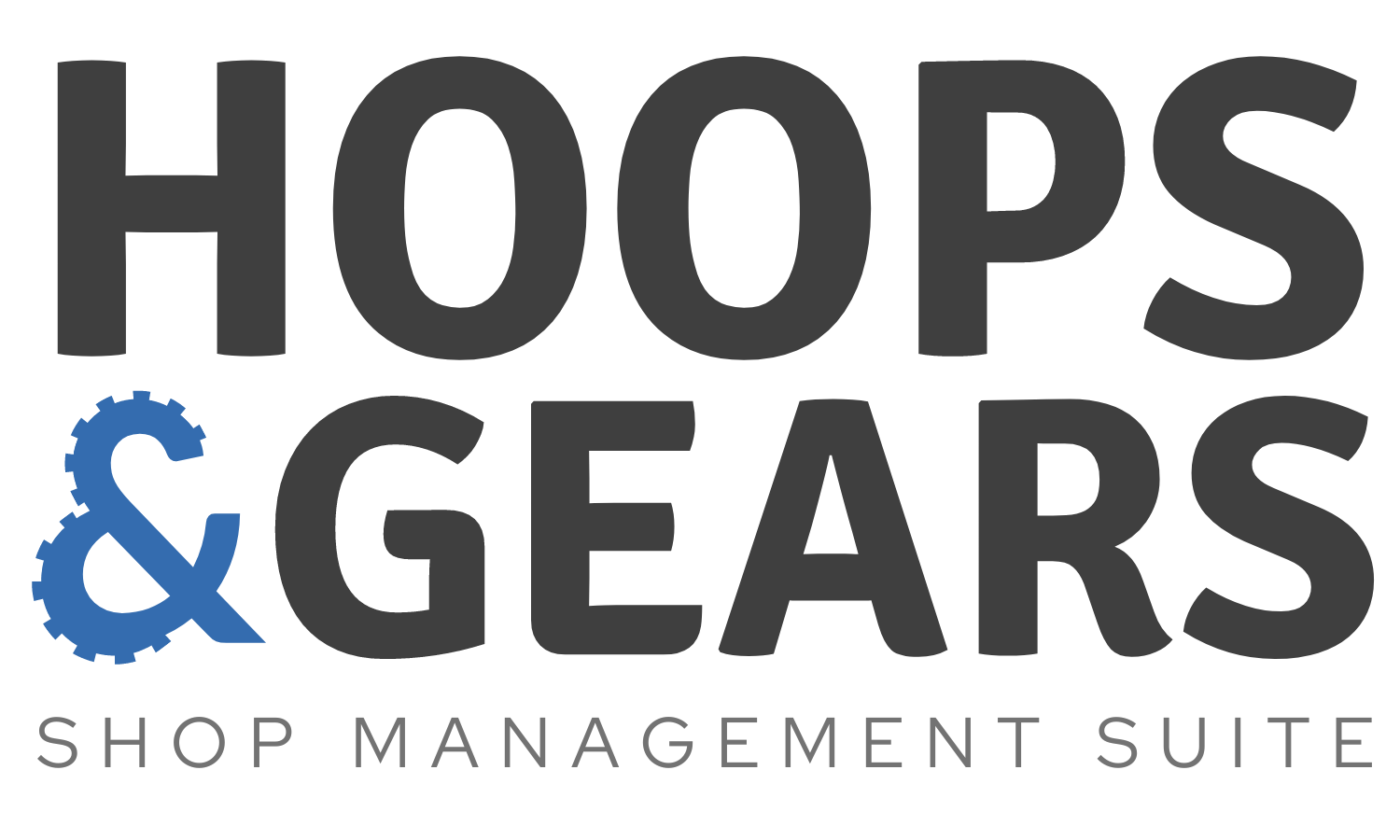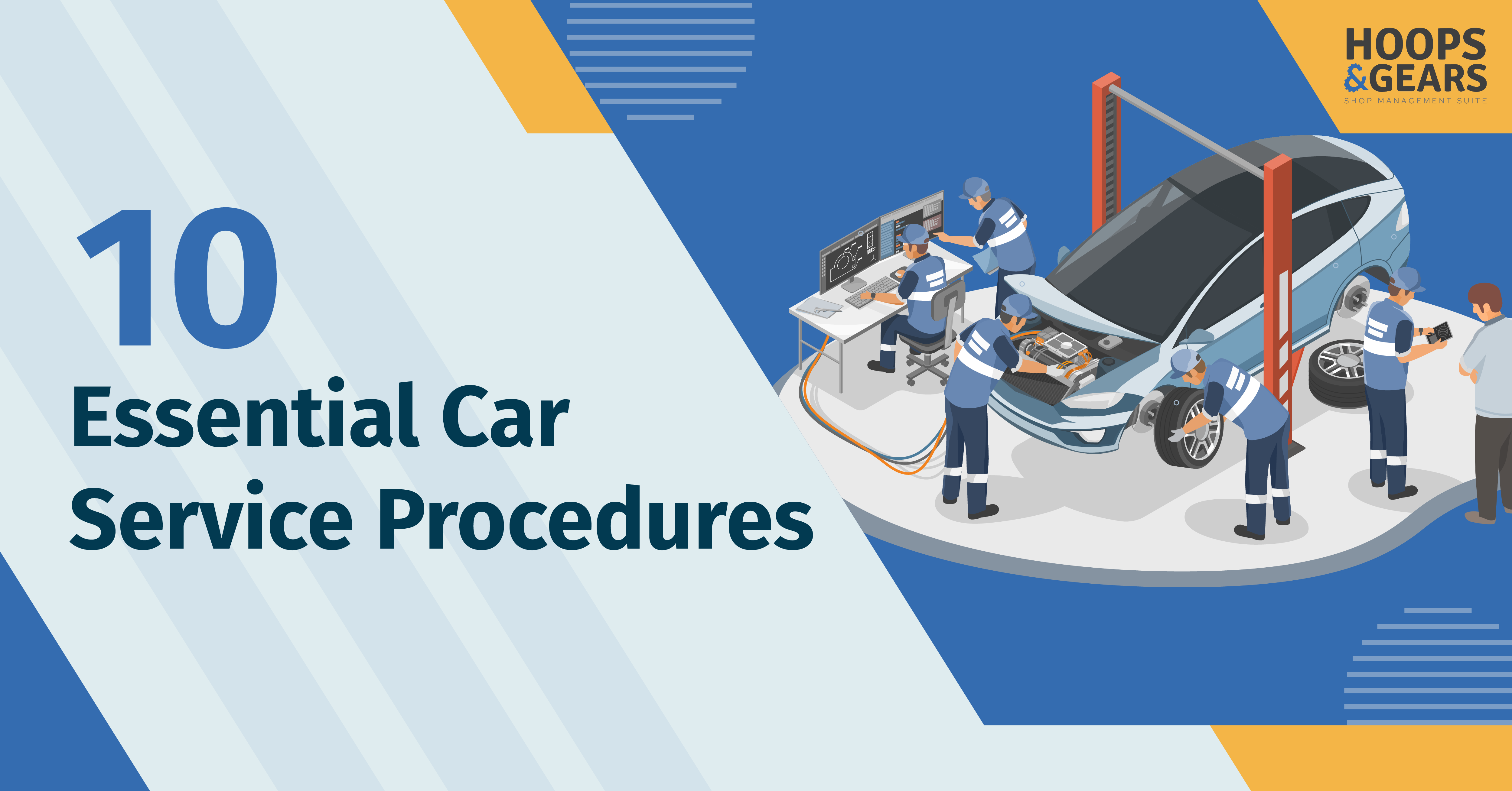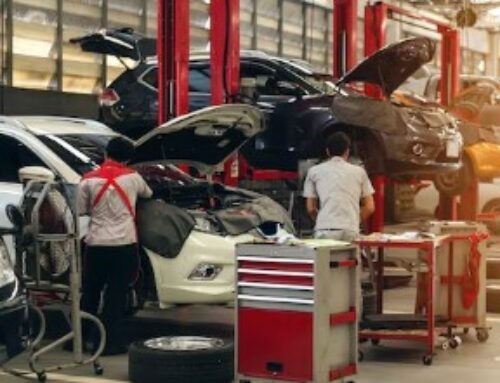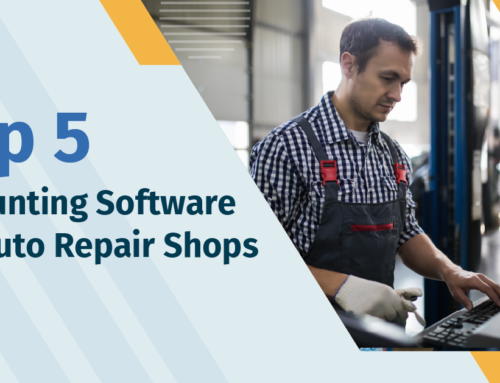A car is a wise investment that allows you to travel places, whether for road trips or daily commutes. To ensure it stays reliable for years, regular maintenance is essential. Skipping routine care can lead to costly repairs, unexpected breakdowns, and even safety hazards.
Conversely, you can significantly extend your vehicle’s lifespan with sufficient know-how and attention. In this blog, we’ll identify the crucial car service procedures for you.
10 Essential Car Service Procedures
Your car is a complex machine with many components that need regular attention. Here are 10 essential car service procedures to keep it running smoothly.
1. Engine fluids
Engine fluids are vital for your car’s health as they lubricate, cool, and protect critical components. Regularly checking and changing these fluids prevents wear and tear while guaranteeing optimal performance and extending your vehicle’s lifespan. Meanwhile, neglect can lead to costly engine damage and breakdowns.
The common essential fluids include:
-
- Engine oil lubricates moving parts, cools the engine, and protects against wear. You should check it at least once a month and change it every 3,000 miles–5,000 miles.
- Brake fluid transmits pressure to the brakes of your car. Inspect it every 5,000 miles–7,000 miles and change it at least once every two years.
- Windshield washer fluid cleans your windshield, improving visibility in dusty, rainy, or muddy conditions. You should check it every two months and fill it every time you get an oil change.
- Transmission fluid lubricates and cools your car’s transmission components. Examine it every six months and change it every 30,000 miles–60,000 miles for manual transmission or every 60,000 miles–100,000 miles for automatic transmission.
- Steering fluid assists in smooth handling. Check it every two years or every 75,000 miles–100,000 miles.
- Differential fluid lubricates the gears in the differential, enabling smooth power transfer. Inspect it whenever you go for an oil change, and replace it every 30,000 miles–50,000 miles.
- Coolant regulates engine temperature to prevent your car from overheating. Check every three to six months or every 30,000 miles.
- Anti-freeze prevents the coolant from freezing, protecting your engine in cold weather. You should check it every six months.
2. Battery
The battery is the heart of your car’s electrical system, powering everything from the engine starter to interior lights. Regular battery checks ensure optimal condition, preventing unexpected breakdowns that can leave you stuck on the road.
Early detection of battery issues also allows for timely replacement. It can save you from inconvenience and potential damage to your vehicle’s electrical components.
Check its condition every six months to ensure it can handle your vehicle’s demands.
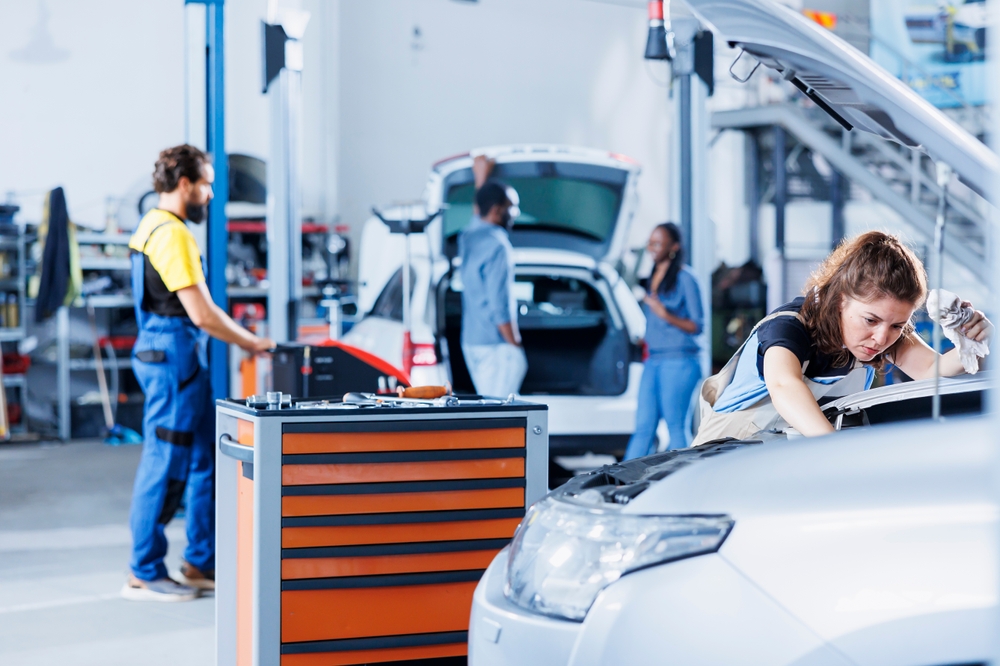
3. Brake system
Your car’s brake system is crucial for safe and controlled stopping. Regularly inspecting it can help you identify worn components like pads and rotors, preventing brake failure and ensuring optimal stopping power.
Ideally, you prioritize brake checks every six months or as your mechanic recommends.
4. Tune-up
A tune-up is a set of preventive maintenance measures to keep your car performing well. It typically includes replacing spark plugs and spark plug wires or coil boots and cleaning the throttle body or intake area for efficient flow or fuel atomizing. Other services may consist of an oil change, a tire rotation, a brake inspection, and fluid changes.
A tune-up is ideal every 10,000 miles–30,000 miles—it depends on your driving habits, vehicle usage, and car age.
5. Steering and suspension
The steering system controls your car’s direction while the suspension absorbs shocks. Components like tie rods, ball joints, and shock absorbers wear out over time. So, inspect them every 50,000 miles or as your owner’s manual recommends.
6. Heating and ventilation systems
Over time, your car’s heating and air conditioning system may accumulate dirt, dust, debris, and odors. They can affect airflow and make your vehicle less comfortable to drive.
Check for proper operation during seasonal changes. If you notice issues like foul odors or poor airflow, take it to a professional for inspection.
7. Tires
Tires are your car’s way of contact with the road, affecting safety, handling, and fuel efficiency. To prolong their life, prioritize these essential maintenance tasks:
-
- Air pressure measures the amount of air inside your tires. Check it monthly to ensure it’s at the recommended level.
- Balancing reduces vibrations and uneven wear for a smoother ride. It’s best to balance your tires at least once a year. If you frequently drive long distances or over rough terrain, consider balancing them twice a month.
- Alignment corrects steering issues and prevents premature tire wear. Have your vehicle’s alignment checked at least once a year.
- Rotation ensures even tread wear for extended tire life. Rotate your tires every 5,000 miles–7,000 miles.

8. Wipers
Worn wiper blades can cause streaks, smears, and reduced visibility that compromise your safety on the road. Replace them every 6th to 12th month or when they show signs of wear or deterioration.
9. Lighting
Properly functioning lights are crucial for your and others’ safety on the road. So, regularly inspect headlights, taillights, brake lights, turn signals, and interior lights to see if they work properly. Promptly replace any burned-out bulbs to maintain optimal visibility and prevent accidents.
10. Exhaust
Your car’s exhaust system is essential for keeping harmful engine toxins out of the cabin and ensuring a quieter ride. It also supports the catalytic converter, which triggers the check engine light if there are issues.
A faulty exhaust system can affect safety, performance, and fuel efficiency. Therefore, you should regularly inspect it for catch leaks, rust, or damage.
Smooth Drives for Years
Regular car maintenance is vital to a long-lasting, trouble-free vehicle. Follow the vehicle maintenance procedures above and schedule regular check-ups to extend your car’s life and performance. Remember, prevention is always better than cure.
HG AutoTech delivers efficient and effective service for car owners and automotive businesses. From inventory management to digital marketing, our team of auto repair shop consultants provides innovative solutions to drive growth and efficiency.
Contact us today to learn more.

